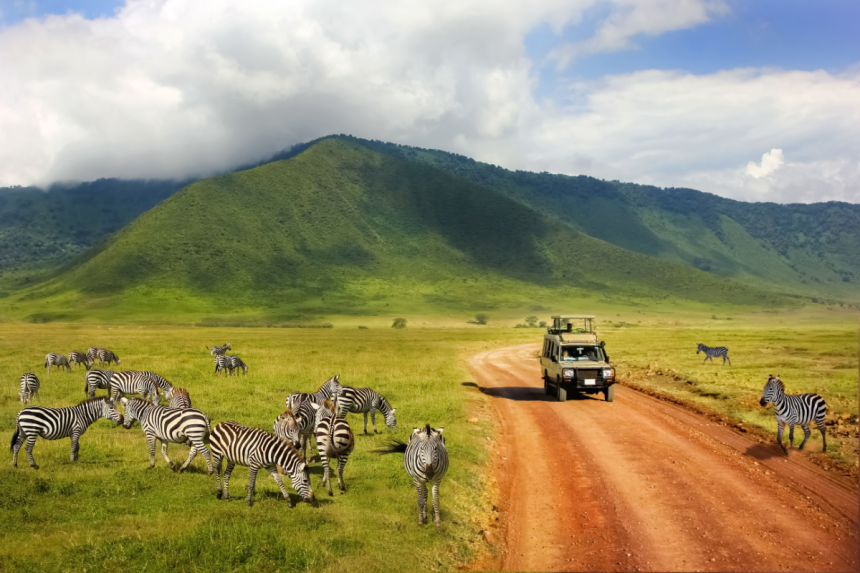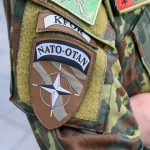Violence Erupts After Opposition Candidates Barred from Presidential Race
Roughly 700 people have been killed across Tanzania following three days of violent protests over disputed national elections, according to the main opposition party Chadema. The demonstrations began Wednesday after several leading opposition figures were excluded from the presidential ballot, sparking widespread unrest and accusations of government repression.
John Kitoka, Chadema’s spokesperson, told Agence France-Presse (AFP) that “the figure for deaths in Dar es Salaam is around 350 and for Mwanza it is 200-plus. Added to figures from other places around the country, the overall figure is around 700.” He warned that the death toll could be even higher due to killings occurring under the cover of a nationwide nighttime curfew.
A security source cited by AFP estimated the number of deaths to be between 500 and 800, while Amnesty International confirmed receiving reports of at least 100 fatalities. Kitoka said Chadema’s figures were compiled from members visiting hospitals and clinics to count bodies. He called on authorities to “stop killing our protesters” and urged the creation of a transitional government to organize free and fair elections.
Opposition Candidates Arrested or Disqualified
Tanzanians went to the polls on Wednesday in a vote widely expected to solidify President Samia Suluhu Hassan’s rule. Opposition parties had accused the government of “electoral engineering” after key challengers were disqualified.
Chadema’s vice-chair, Tundu Lissu, was arrested in April on treason and cybercrime charges, and his party was later barred from participating in the election after calling for a boycott unless voting systems were reformed. Similarly, Luhaga Mpina, leader of ACT-Wazalendo, was disqualified last month, leaving Hassan to face only minor rivals from lesser-known parties. Government critics reported abductions and arbitrary arrests in the lead-up to the vote.
Nationwide Unrest and Harsh Crackdown
Protests initially broke out in Dar es Salaam but quickly spread across Tanzania. Demonstrators clashed with police and attacked properties linked to the ruling Chama Cha Mapinduzi (CCM) party. The government responded by imposing a curfew and restricting internet access nationwide, according to monitoring group NetBlocks.
On Thursday, army chief Gen. Jacob John Mkunda labeled protesters “criminals” and vowed to restore order. By Friday, cities were under heavy police and military presence as security forces used live ammunition and teargas to disperse crowds.
The UN Office of the High Commissioner for Human Rights (OHCHR) said it was “alarmed” by the reports of mass killings and injuries. Spokesperson Seif Magango confirmed the agency had received credible accounts of deaths in Dar es Salaam, Shinyanga, and Morogoro. “We urge security forces to refrain from using unnecessary or disproportionate force and for protesters to demonstrate peacefully,” Magango said.
Calls for Restraint and International Concern
Human rights lawyer Tito Magoti condemned the government’s response, calling it “unjustified” for security agencies to use violence against civilians. “The president must refrain from deploying the police against the people,” he said. “She must listen to the people. The mood of the country is that there was no election. We cannot vote for one candidate.”
As tensions remain high and communication channels disrupted, observers warn the situation could deteriorate further if the government fails to engage in dialogue with opposition groups. The protests have drawn international scrutiny, raising fears of a broader humanitarian crisis in one of East Africa’s most politically stable nations now facing its deadliest unrest in decades.
Keywords: Tanzania protests, election violence, Chadema, Samia Suluhu Hassan, Dar es Salaam, Amnesty International, UN Human Rights, Tundu Lissu, ACT-Wazalendo, curfew






